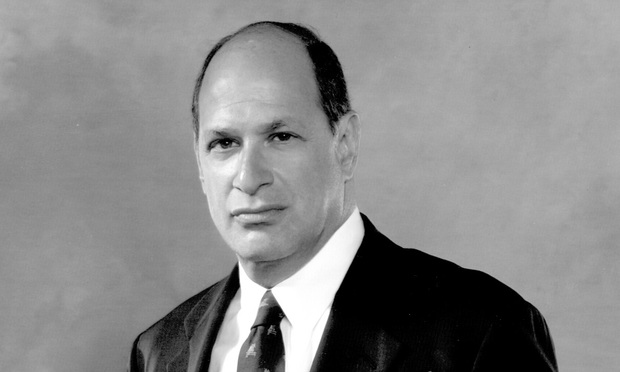In June, at a panel discussion held at the Stroock law firm, we hosted the five District Attorneys of New York City, who were to be interviewed on a variety of subjects—from stop and frisk, to term limits, to alternative sentencing programs, to the death penalty, to discovery abuses.1
Concerning discovery, the discussion invariably turned to “open file” discovery—meaning, an office policy whereby prosecutors would completely open their case files to the defense attorney, wheat, chaff and all. 2 Some of the district attorneys, understandably, albeit politely, balked. They raised the realistic concern that, particularly in the Internet era, it has become far too easy to intimidate prosecution witnesses and early discovery raises concerns about potential violence to the witnesses or informers. So, if the identity of a witness and his prior statements, including secret grand jury testimony, were turned over significantly in advance of trial, or even shortly before trial, the chances of the witnesses being intrusively investigated, or even harassed or threatened, would be compounded, resulting in potential impairment of the prosecutive function.
This content has been archived. It is available through our partners, LexisNexis® and Bloomberg Law.
To view this content, please continue to their sites.
Not a Lexis Subscriber?
Subscribe Now
Not a Bloomberg Law Subscriber?
Subscribe Now
LexisNexis® and Bloomberg Law are third party online distributors of the broad collection of current and archived versions of ALM's legal news publications. LexisNexis® and Bloomberg Law customers are able to access and use ALM's content, including content from the National Law Journal, The American Lawyer, Legaltech News, The New York Law Journal, and Corporate Counsel, as well as other sources of legal information.
For questions call 1-877-256-2472 or contact us at [email protected]



